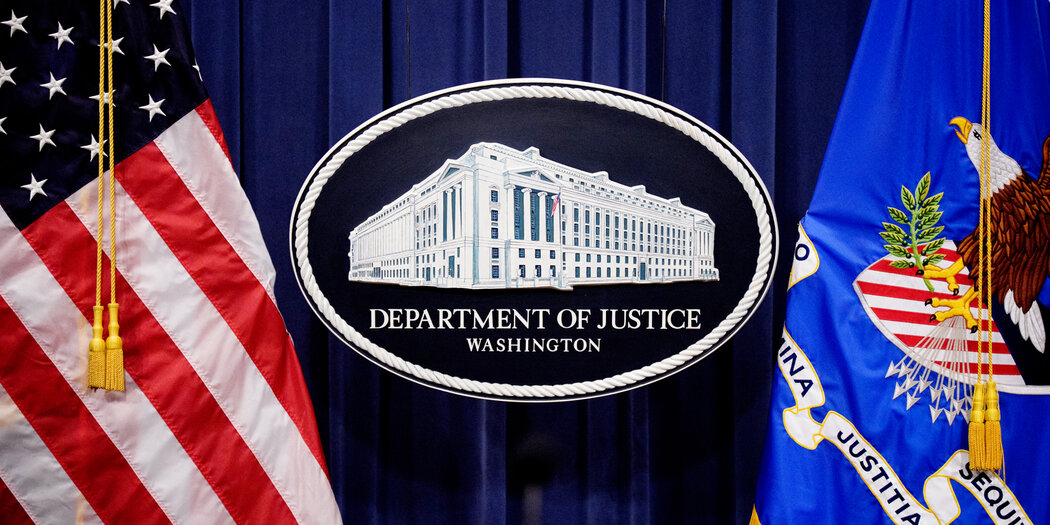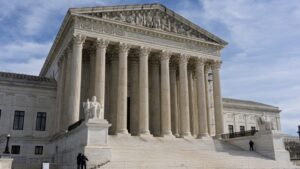The Shifting Role of the DOJ in Enforcing the Voting Rights Act
The Department of Justice (DOJ) has historically played a crucial role in enforcing Section 2 of the Voting Rights Act of 1965, which safeguards voters from discrimination based on race or language-minority status. However, recent actions by the DOJ under the Trump administration have raised concerns about its commitment to this duty. The DOJ’s retreat from active involvement in Section 2 cases highlights a critical moment for voting rights protection in the United States.
Challenges in Enforcing Section 2
As the sole governmental body responsible for enforcing the Voting Rights Act nationwide, the DOJ’s recent pullback comes at a time when Section 2 challenges are becoming increasingly difficult to pursue. Lawsuits under Section 2 serve as vital mechanisms for addressing issues such as discriminatory election systems and voter suppression laws that disproportionately affect minority voters.
The Supreme Court’s decision in Brnovich v. Democratic National Committee introduced a challenging new test for plaintiffs contesting restrictive voting laws under Section 2. Additionally, recent rulings by circuit courts have further complicated the legal landscape, with some courts limiting the ability of private plaintiffs to bring Section 2 claims.
DOJ’s Withdrawal from Active Cases
At the beginning of the year, the Brennan Center identified 14 active Section 2 cases in which the DOJ was involved. However, recent actions by Attorney General Pam Bondi and Assistant Attorney General Harmeet Dhillon signal a shift in priorities. The DOJ has now withdrawn its engagement in seven Section 2 voting cases, including dismissals and withdrawals from ongoing litigation.
This shift in focus has left the enforcement of the Voting Rights Act uncertain, as the DOJ prioritizes the prevention and prosecution of voter fraud over the protection of voting rights. The consequences of this change are significant, as affected voters may face increased barriers in exercising their right to vote.
Implications for Voter Rights
The absence of DOJ enforcement presents significant risks to voter rights. For instance, the DOJ recently dismissed its case against Hazleton’s at-large election system, which allegedly disenfranchises Latino voters. Without federal support, private plaintiffs are left to carry the burden of challenging discriminatory practices.
Moreover, the DOJ’s withdrawal from cases that involve radical legal arguments could further undermine Section 2 litigation. In Callais v. Landry, for example, the DOJ initially supported a congressional district map drawn under Section 2 but later retracted its stance, potentially influencing future judicial decisions.
Looking Forward
The DOJ’s withdrawal from Section 2 cases sends a clear message: it will not actively defend the enforcement of the Voting Rights Act. This decision, coupled with ongoing challenges to Section 2, poses a substantial threat to voters’ rights, particularly for historically marginalized groups. As the Voting Rights Act approaches its 60th anniversary, the need for robust enforcement mechanisms remains critical to ensuring the protection of voting rights for all Americans.






